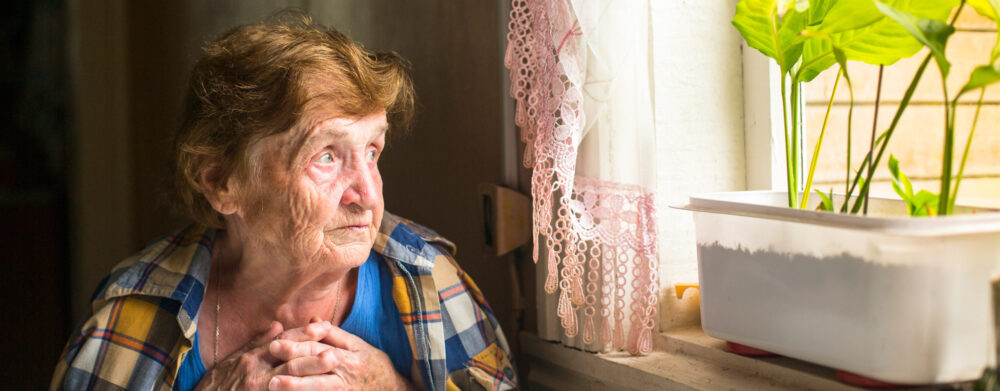Standing Up to Abuse
Hundreds of thousands of Americans each year make the difficult decision to place a loved one in nursing home care. Approximately 35 percent of senior citizens aged 65 and older will eventually reside in a nursing home. Moreover, according to the U.S. Centers for Disease Control and Prevention (CDC), the number of nursing home residents hovers annually at around 1.4 million. Many of these same senior citizens will suffer harm at the hands of their caregivers, however. Since the elderly are among the most vulnerable members of society they are uniquely susceptible to neglect and abuse.
Families who suspect that their loved ones have been mistreated by nursing home staff must take legal action. Unfortunately, many abusers are adept at hiding their actions. Red Bank nursing home negligence lawyers say that certain warning signs should be investigated further regardless of the explanation provided by caregivers.
To that end, bruising, fractures, and lacerations signal abuse, while poor hygiene habits, sudden changes in weight and depression are good indicators of neglect. Senior citizens who suffer from Alzheimer’s and dementia are most at risk of abuse and neglect because they are the least capable of accurately relaying to family members the harm they have suffered. As a result, Red Bank nursing home negligence lawyers say that family members should pay particularly close attention to cognitively-impaired relatives who reside in a nursing home.
Federal, State Regulations Protect Nursing Home Residents
Once a family possesses a good faith belief that a nursing home has neglected or abused their loved one they have several legal options available. When a nursing home receives federal funds via Medicare, they are subject to the standard of care established by 42 CFR Sec. 483.25(h), whereby facilities must take steps to reduce or eliminate accident hazards and adequately supervise and assist residents. Failure to adhere to 483.25(h) can subject a nursing home to liability in the form of a personal injury lawsuit.
In New Jersey, nursing home residents enjoy added protection via the Certificate of Need, N.J.A.C. 8:33, which requires private facilities to abide by the rules and provisions of the Health Care Facilities Planning Act in order to obtain a Nursing Home Administration (NHA) license. New Jersey nursing homes must also provide residents with adequate food and water in a safe and clean environment. Nursing homes that shirk this responsibility can face an immediate revocation of their license, as well as a hefty fine pursuant to N.J.A.C. 8:43E-1. Red Bank nursing home negligence lawyers further note that employees must also be properly licensed and certified in order to work in a nursing home.
Importantly, families should understand that their elderly loved ones need not be physically abandoned in order to suffer from neglect. In court, plaintiffs have prevailed upon showing that they received persistently inadequate medical treatment, upon showing that unqualified staff was hired and upon showing that staff members were given insufficient training. Nursing home residents must also be regularly supervised and provided assistance whenever it is needed or requested. If a senior citizen is injured in a fall while completing a task that required help which was not rendered, it can rise to the level of negligence in the eyes of the law.

